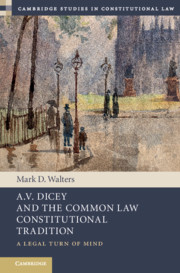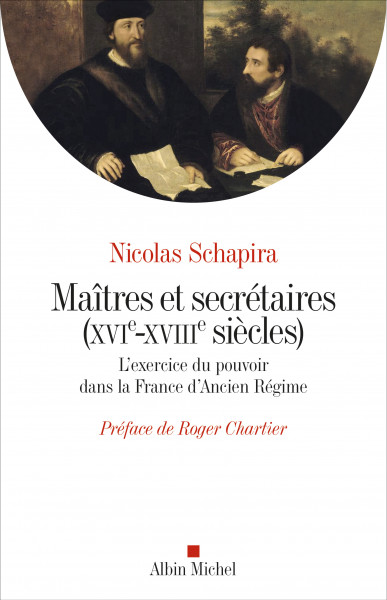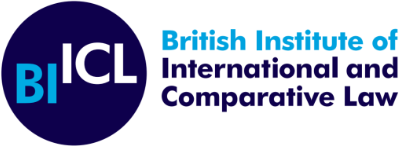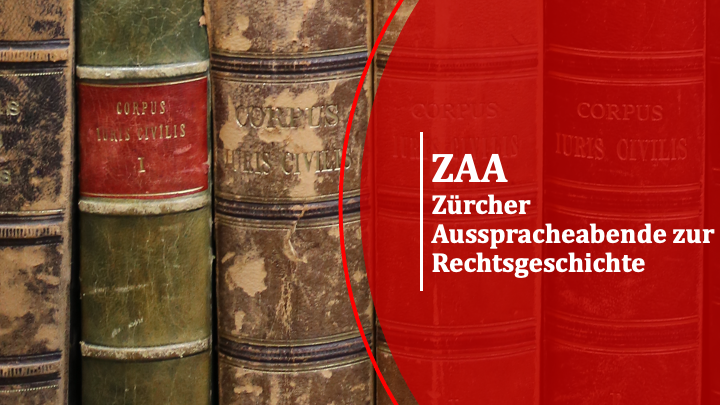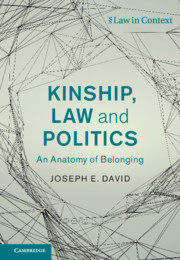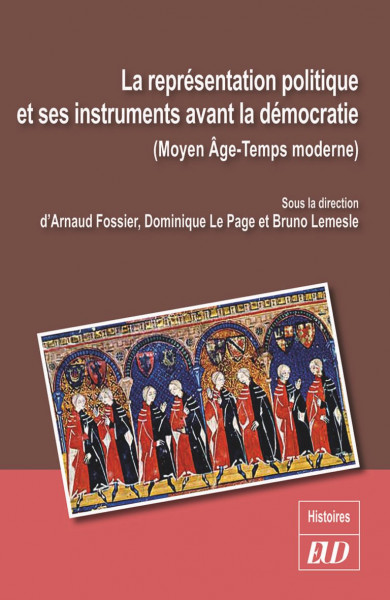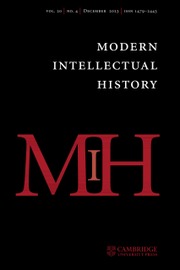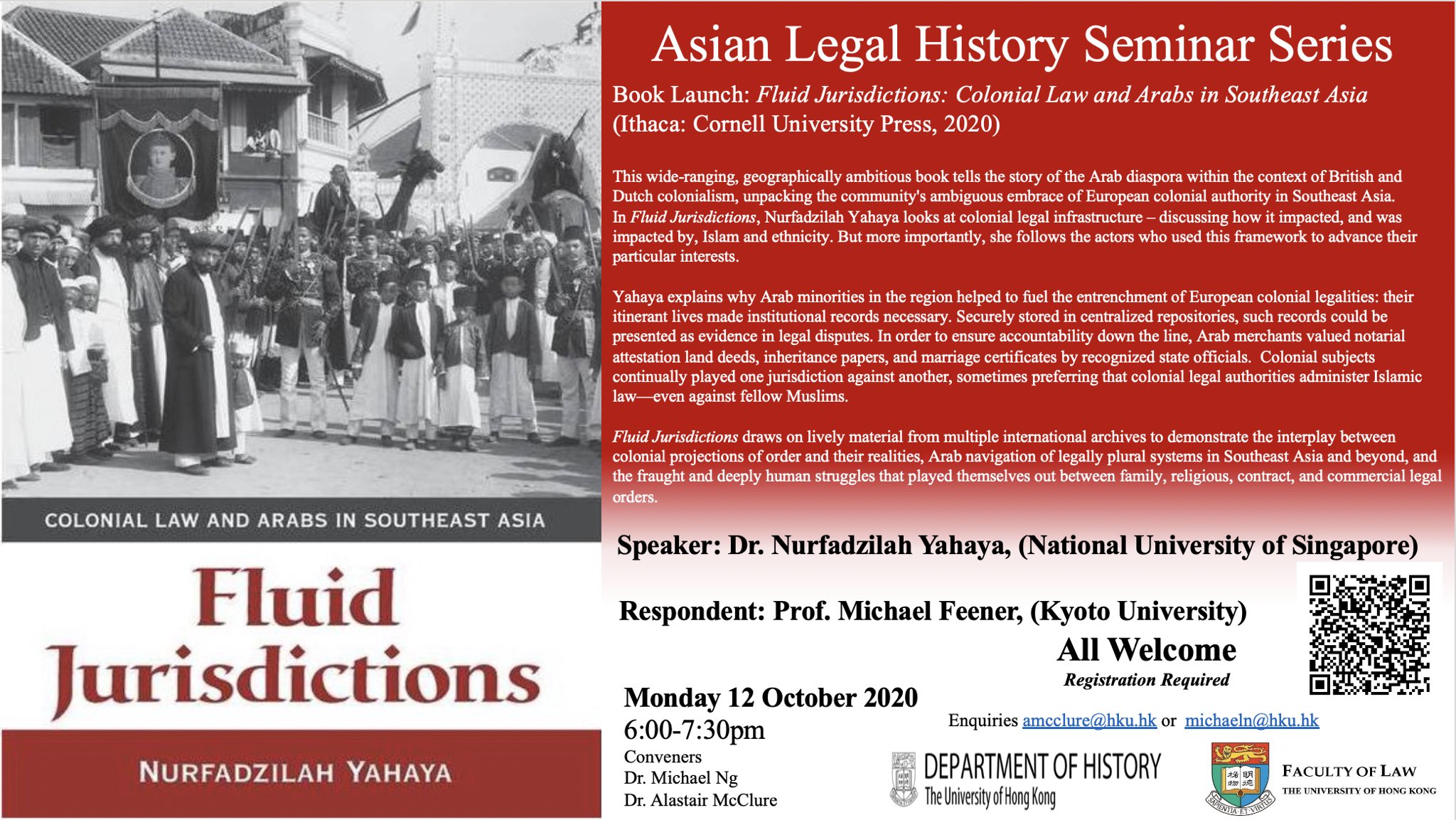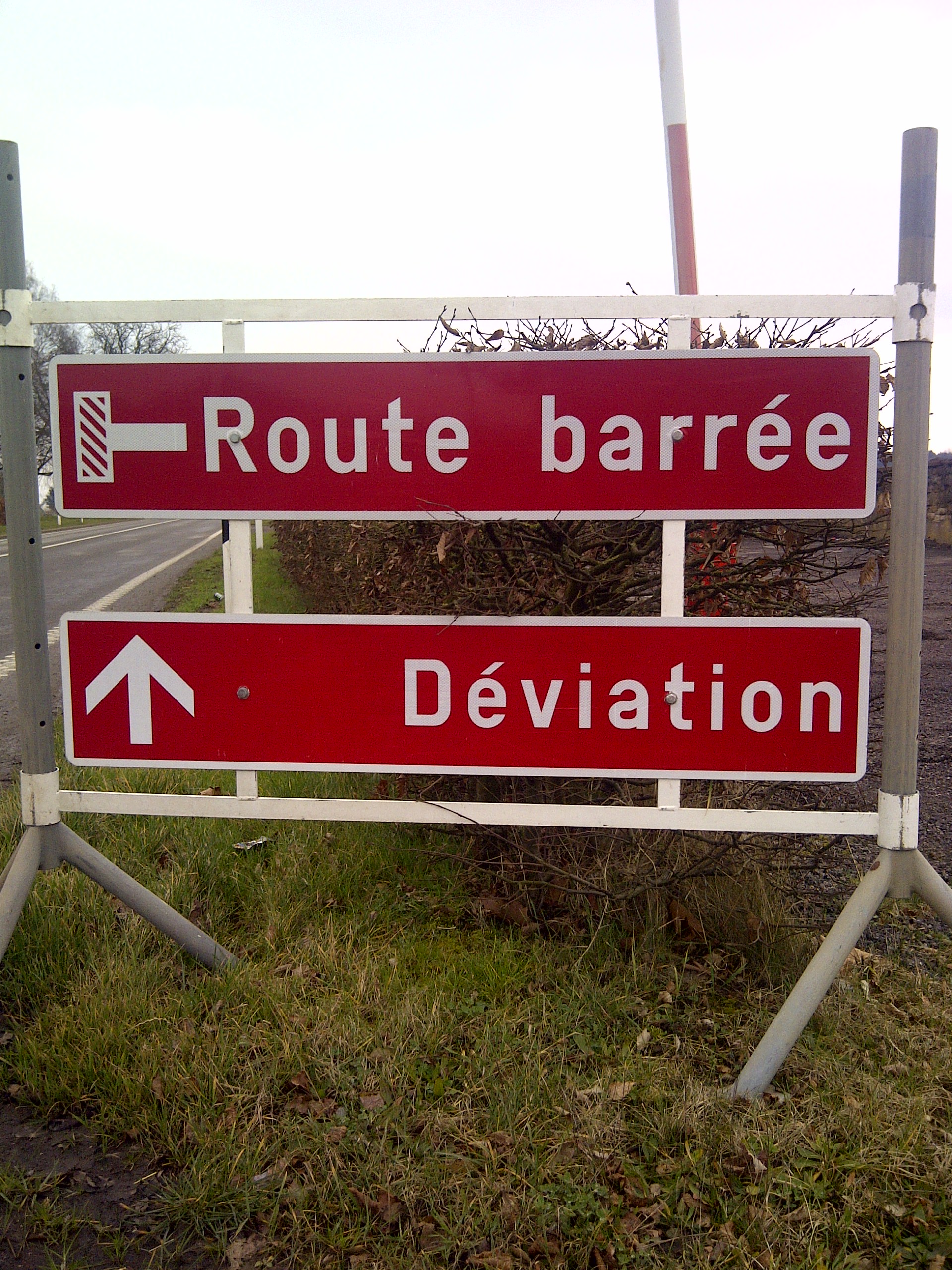ABOUT THE BOOK
I contributi riuniti nel volume intendono dar conto delle “prassi” giurisdizionaliste che la documentazione d’archivio fa emergere in ambiti geopolitici definibili come “minori”. Il panorama mosso e frastagliato che tra Cinque e Settecento offre la penisola italiana, se è pur vero che sembra non evidenziare linee nette di conflittualità marcata, presenta tuttavia una dialettica di lungo periodo che la paziente ricerca negli archivi ha potuto finalmente restituire, rendendo in tal maniera necessaria una meditata revisione di interpretazioni storiografiche ormai datate.
ABOUTH THE EDITHORS
Carmelo Elio Tavilla è Professore ordinario di Storia del diritto medievale e moderno presso il Dipartimento di Giurisprudenza dell’Università di Modena e Reggio Emilia. Tra le sue principali pubblicazioni: Riforme e giustizia nel Settecento estense. Il Supremo Consiglio di Giustizia (Milano 2000), La favola dei Centauri. “Grazia” e “giustizia” nel contributo dei giuristi estensi di primo Seicento (Milano 2002), Diritto, istituzioni e cultura giuridica in area estense. Lezioni e percorsi di storia del diritto (Torino 2006).
Daniele Edigati, laureato in giurisprudenza all’Università di Pisa, dal 2011 è professore associato di Storia del diritto medievale e moderno presso il dipartimento di giurisprudenza dell’Università degli Studi di Bergamo, presso il quale è attualmente titolare del corso di storia del diritto. Le sue ricerche sono principalmente rivolte alla storia del processo criminale e delle istituzioni giudiziarie, al diritto statutario e al diritto ecclesiastico, con particolare riguardo all’epoca dell’Antico Regime.
The table of contents and the introduction are available in PDF version here.
More information with the publisher.


